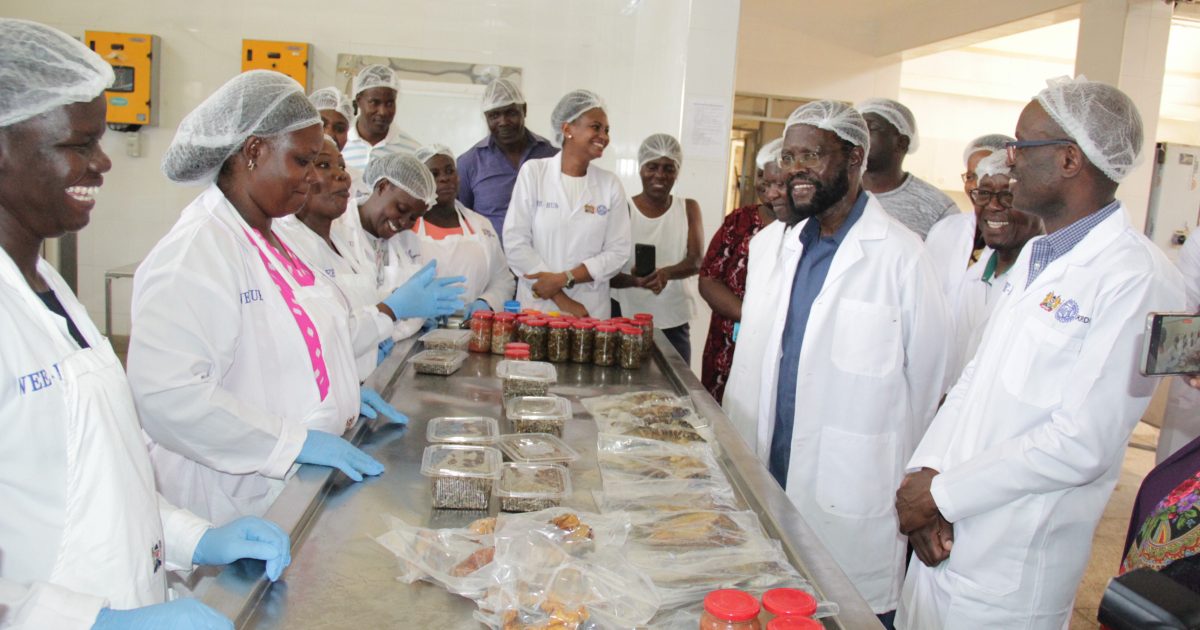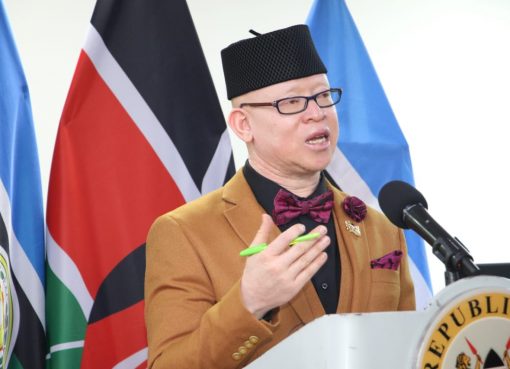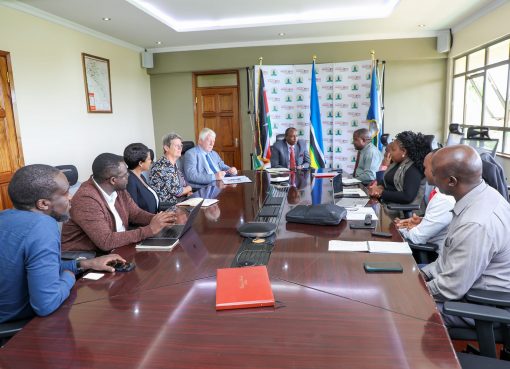The Kenya Industrial Research and Development Institute (KIRDI) has partnered with the University Of Nairobi (UON) to train women fish traders on value addition and preservation.
KIRDI head of food technology research Gitutu Nyambane said the training targets to build capacity for the women to use food processing technology to preserve fish in order to reach a wider market for the highly perishable commodity.
The products targeted, she said include Tilapia, Nile Perch, marbled lungfish and dagaa (omena) where various techniques are being applied to prolong their shelf life.
Through the training, the women have been taken through fish drying, deep frying techniques in a clean environment and packaging to appeal to new markets as the demand for the commodity continues to rise.
“We are applying the technology of food processing so that they can store these products for longer to reach a wider market,” she said.
The project, she said targets women in Kisumu and Busia counties with the beneficiaries expected to cascade the knowledge to other women in their respective counties.
Speaking in Kisumu during the closing ceremony of the first cohort of the training, Nyambane disclosed that KIRDI has rolled out tests and trained the women on storing omena in vegetable oil and processed tomato sauce for longer shelf life.
The techniques, she added, have been applied successfully on sea fish around the world and will now benefit local Omena, Tilapia and Nile Perch traders to have their products canned and sold in supermarkets locally and internationally.
“This technology is not new. It has been in existence but has never been tried on our locally available fish products,” she said.
KIRDI, she added, shall provide spaces for the women groups who have been trained to process and package their fish products at the same time help them get standardisation marks from the Kenya Bureau of Standards to widen their markets.
“As an institution we not only do training and capacity building but we also provide adequate manufacturing spaces for startups,” she said.
University of Nairobi’s Women Economic Empowerment (WEE) Hub Director of Research Dr Mary Mbithi said the project targets to boost earnings for women along the fish value chain.
Through processing and packaging fish in hygienic conditions, the women, she added, were set to attract new markets with KEBS certification unlocking avenues for them to sell the products in supermarkets locally and across the borders.
The WEE Hub, she disclosed, has developed an incubation model where women from different sectors of the economy were being mentored, trained and supported to use resources at their disposal, add value and increase their income.
“We are carrying out research and advocacy on women economic empowerment. We are looking at different programmes and how women can access funds to enhance their participation in the economy,” she said.
Veronica Makokha, one of the beneficiaries from Busia County said the training was an eye opener adding that the beneficiaries were set to reap big from their ventures.
“We have been processing our fish in unhygienic conditions and in the process contaminating it, leading to massive losses,” she said.
The techniques spearheaded by KIRDI, she said, guarantee shelf life for the products for over three months allowing traders more time to get the right markets.
“I source fish from Lake Turkana which I export to South Sudan, and the DRC. With these techniques and KEBS certification I am positive to net more markets,” she said.
By Chris Mahandara




